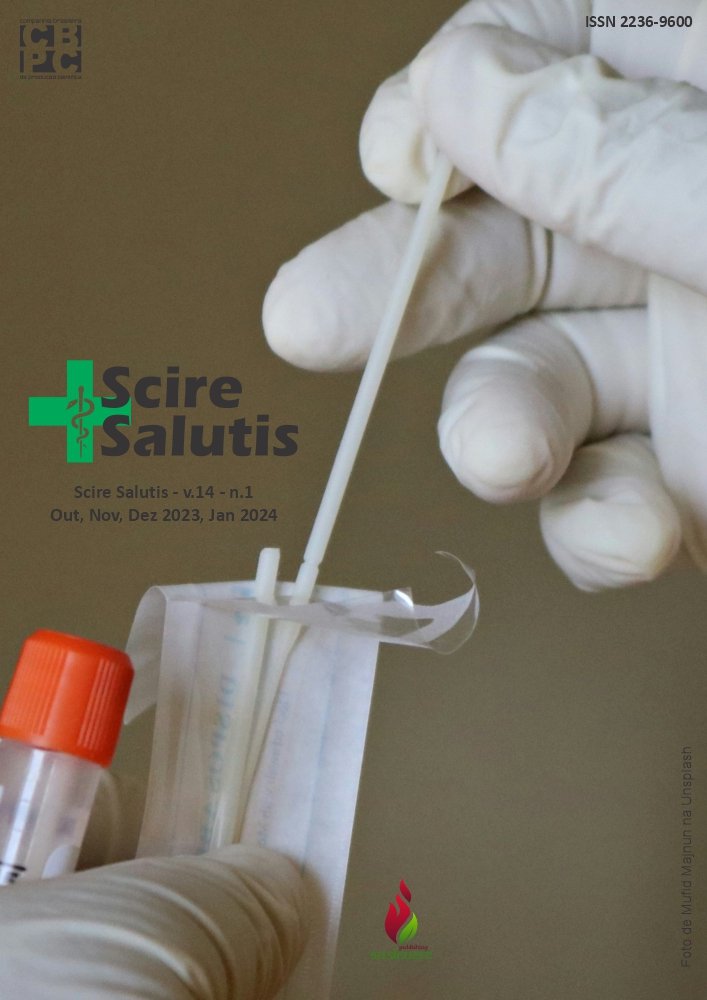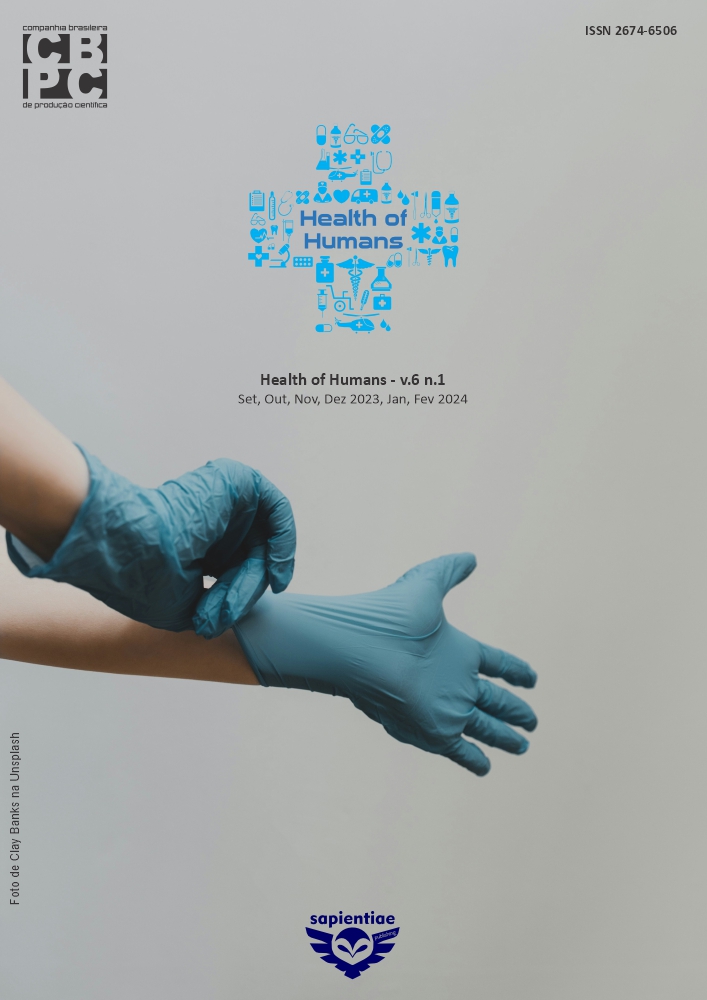SARS-CoV-2 pandemic from the perspective of people living with the human immunodeficiency virus: an integrative review
DOI:
https://doi.org/10.6008/CBPC2236-9600.2024.001.0005Keywords:
Coinfection, SARS-CoV 2 Infection, HIV, Pandemics, Social IsolationAbstract
The pandemic caused by SARS-CoV-2 does not develop in isolation, and the synergistic interaction between COVID-19 and several groups of diseases, including HIV, may result in an increase in the number of cases and deaths. There is a need to assess the extent to which the COVID-19 pandemic has disrupted the ongoing process of HIV care and prevention, i.e. testing, pre-exposure prophylaxis (PrEP), antiretroviral therapy (ART), proposing a connection to the proposed of a course of action so that we can end the HIV epidemic this decade. This is an integrative review of the literature, a method that brings together the knowledge produced through the analysis of results evidenced in primary studies considering adaptation of the methodology used. The guiding question that guided this work arose from the question: “What does scientific evidence indicate regarding the main trends and repercussions on daily life activities and the continuity of antiretroviral treatment of patients affected by HIV who experienced the SARS-COV pandemic 2 ?”. The search for articles using the filter resulted in 25 publications, of which 8 articles were excluded for not meeting the theme and 4 for not meeting the guiding question; 4 because they are articles with restricted access for journal subscribers; 4 articles were studies whose methodologies did not meet the objective of this study. The final sample consisted of 5 publications. The authors concluded that treatment was not seriously disrupted, and even found that adherence increased in some PLHIV during the Covid-19 pandemic. Although the prevalence of AIDS occurs in the general population, some population groups such as gays and other men who have sex with men, injecting drug users and female sex workers are disproportionately affected by HIV. The authors point out that this segment of the population is neglected by public authorities, due to the failure or limitation of public policies aimed at them. It is noted that there were changes in the life activities of people living with HIV to adhere to non-pharmacological measures to combat the pandemic. The culmination of this study is the finding that antiretroviral therapy was not seriously compromised during the SARS-CoV 2 pandemic, however, difficulties in access by specific population groups already described in the literature were evident.
Downloads
Downloads
Published
Issue
Section
License
Copyright (c) 2024 Scire Salutis

This work is licensed under a Creative Commons Attribution-NonCommercial-NoDerivatives 4.0 International License.
The CBPC - Companhia Brasileira de Produção Científica (Brazil CNPJ: 11.221.422/0001-03) the material rights of the published works. The rights relate to the publication of the work anywhere in the world, including rights to renewals, expansions and dissemination of the contribution, as well as other subsidiary rights. All electronically published works may subsequently be published in printed collections under the coordination of this company and / or its partners. The authors preserve the copyright, but are not allowed to publish the contribution in another medium, printed or digital, in Portuguese or in translation.








